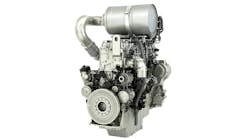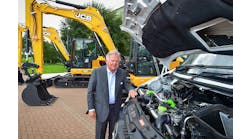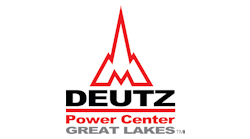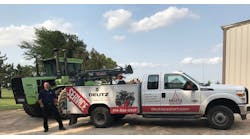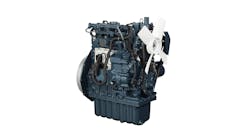While researching this month’s cover story on Tier 4’s uneasy beginnings in the field, I spoke with engine manufacturers, the engineering staffs at quite a number of OEMs and a number of rental people. I wasn’t surprised that for the most part engine manufacturers were quite positive about the engines they’d created, as well they should be.
They were given a very difficult task, a journey that has taken quite a few years. I remember when I first heard about the emissions standards back in the 90s and the various stages, it was clear from the beginning that the engine makers and the OEMs whose machines would be powered by the engines had a tremendous challenge, one that would take years of work over different stages. The engine makers and the OEMs would have to completely re-do their machines in various steps to meet the challenges.
And legislation is not over. Stage V is coming in Europe. Can the EPA be far behind in mandating Tier V, most likely similar to European standards? We will likely hear more about them soon.
Now that Tier IV machines are getting out there on jobsites, I’m particularly interested in the reaction of rental companies. Some are saying the engines are fine and perform well. Others are saying quite the opposite. But most seem to be somewhere in the middle. And some customers don’t seem to know how to react to the way the engines re-generate or understand the attention they need to give to machines governed by a new technology.
There is a learning curve as quite a few have said; which is always true of new technology.
One of ways the aerial rental industry has changed so dramatically in recent years is the degree to which rental companies make sure their customers are trained. IPAF has played a great role in raising the level of aerial safety and aerial equipment manufacturers have come out with outstanding training programs as well. The degree to which rental companies have emphasized safety with their customers and trained customers is very impressive. Many sectors of the industry contribute constantly to knowledge in this field.
So if there is such a large learning curve when it comes to Tier 4 engines, then there must be a way to provide training. The training must begin with the engine manufacturers, and the OEMs to make sure rental companies are properly trained, and rental companies must train their customers.
It’s new technology and training is necessary. Everyone has already spent massive amounts of money on research and development and rental companies are spending a lot more to buy Tier 4 equipment so nobody wants to spend more money than they already are on this. But if rental maintenance staffs are struggling to figure out what to do, if customers in the field can’t figure it out, this inglorious task has to start somewhere.
It would take some cooperation among various parties but I think it’s worth discussing. There are new checklists and procedures mechanics and operators have to follow. Rental mechanics are not all trained in the procedures and, even more so, the end user is far less aware. This is new technology, the industry as a whole needs to make a greater effort to bring all participants up to speed. Not to say there are not educational efforts being made. But somehow there needs to be a way to further the process.
There has been some interesting M&A activity lately involving a number of companies. In Canada, The G. Cooper Equipment Co., based in Toronto, acquired SMS Rents, which was part of the Sumitomo Group. Cooper, with capital support from Halifax, N.S.-based SeaFort Capital, has put together organic growth and a couple of strategic acquisitions.
Darryl Cooper is Cooper’s CEO. If you aren’t familiar with Cooper or the Canadian rental market, the company has been in business since 1972, which is an amazing track record in itself. So we’re seeing consolidation with Canadian characteristics. Both Cooper and SMS have good reputations and fresh rental ideas.
SMS has 15 branches in Quebec and Ontario, in building construction, infrastructure development, demolition, landscaping, industrial maintenance and mining. I like its slogan: Job Ready. It will be interesting to watch the two companies’ integration and how they grow from here.

